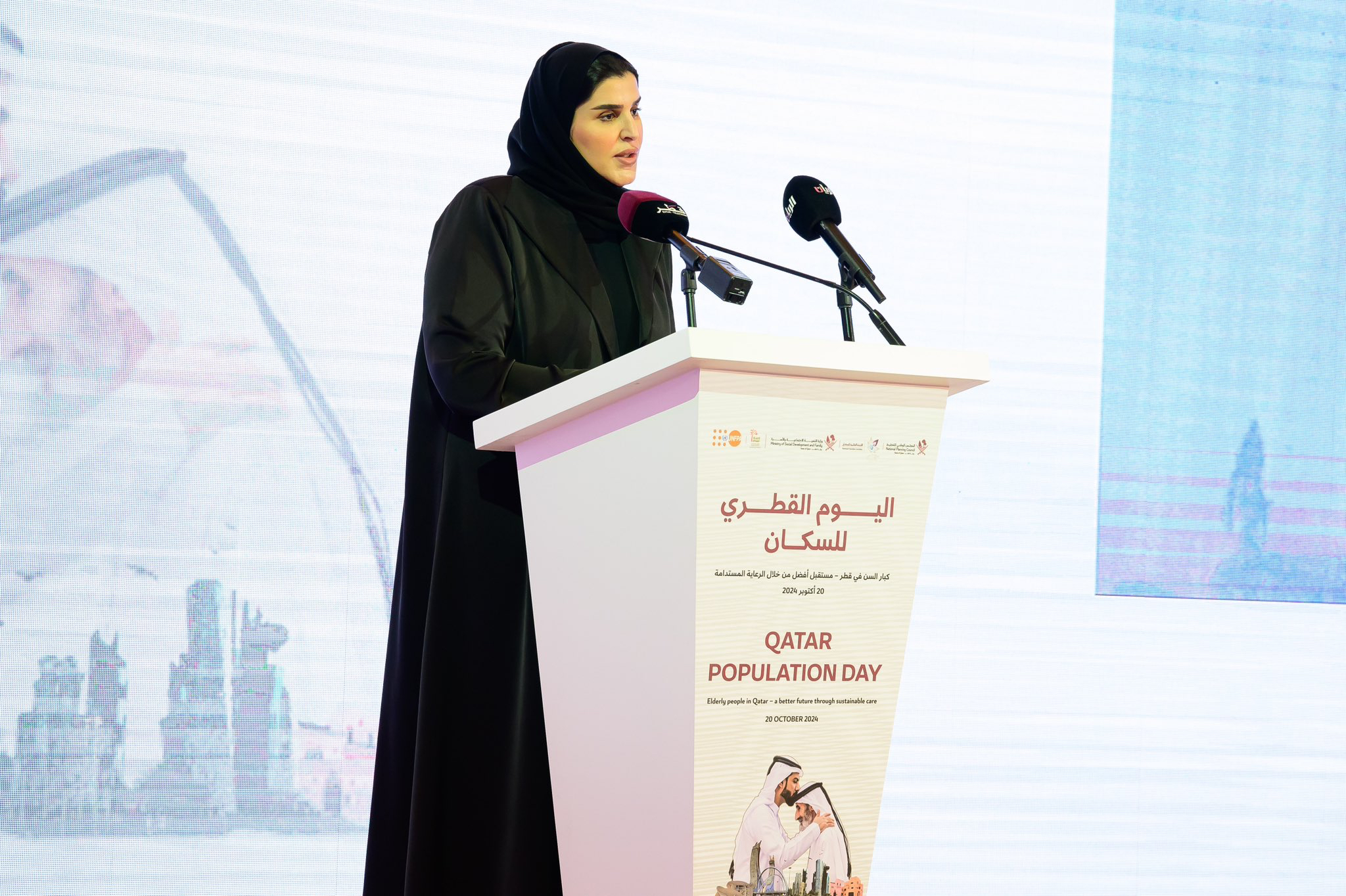Among other achievements, HBKU also became the first academic institution in the world to develop and simulate a ‘1.014 billion computational cell’ model for giant oil and gas fields in 2021.
A faculty member at Hamad Bin Khalifa University’s (HBKU) College of Health and Life Sciences (CHLS) has taken part in a worldwide clinical collaboration to study a life-threatening blood cholesterol disease, namely homozygous familial hypercholesterolaemia (HoFH).
The study is currently published in The Lancet, which is considered to be one of the “highest impact” medical journals globally, according to Qatar News Agency.
Dr Georges Nemer, Professor of Genomics and Precision Medicine, was an international clinical collaborator in the retrospective cohort study on the global experience of the HoFH disease. The rare inherited disorder results in extremely high levels of low-density lipoprotein (LDL) cholesterol levels that cause premature atherosclerotic cardiovascular disease.
The retrospective cohort study compares groups of individuals who are similar in multiple ways but differ by a specific characteristic.
Researchers in Qatar develop advanced screening tool for genetic diseases
LDL, sometimes referred to as the ‘bad’ cholesterol, constitutes most of an individual’s cholesterol level in their bodies. High levels of LDL cholesterol raise a person’s risk at experiencing heart disease and stroke.
The finding sees the largest international cohort of HoFH patients to date, with 751 patients from 38 countries participating. The data was collected by the HoFH International Clinical Collaborators registry, which is the “first and only such global registry initiated by physicians caring for HoFH patients in diverse healthcare settings,” QNA noted.
The purpose of the study was to assess the clinical and genetic characteristics, as well as the impact of the current practice on the health outcomes of HoFH patients worldwide. The current guidance about management and prognosis is extracted from small studies that are mainly collected from high-income countries.
Dr Nemer explained that the “analysis of the data clearly shows the need for improving patient care for those living with this severe, life-threatening condition. Worldwide, patients with HoFH are diagnosed too late, and are under-treated, and that places them at high premature risk of cardiovascular disease. HoFH patients require early diagnosis to start treatment and prevent avoidable complications, and this requires better screening and education,” the report added.
Dr Omar Albagha, Genomics and Precision Medicine professor at CHLS said, “the global nature and scale of this study holds promise for establishing a uniform, world-wide approach to managing this disease ties into CHLS’ ongoing efforts to translate genetic research into precision medicine approaches that address clinical challenges and improve population health and well-being in Qatar and further afield,” HBKU press release noted.
The data also underlined the prominent disparities and inequalities found in the management of HoFH patients globally, especially with regards to access to effective multi-lipid-lowering therapies in low-income countries. This study demands “a critical re-evaluation” of health policy to improve outcomes for all HoFH patients around the world.
Follow Doha News on Twitter, Instagram, Facebook and Youtube







